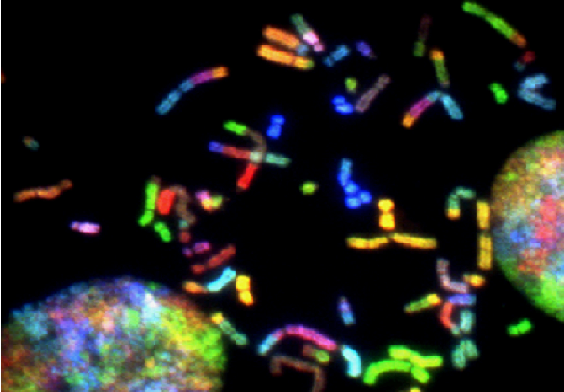May 15, 2022: “Latest results from the Phase 3 IKEMA clinical trial evaluating Sarclisa® (isatuximab) in combination with carfilzomib and dexamethasone (Kd) demonstrated a median progression free survival (mPFS) of 35.7 months (Hazard Ratio HR 0.58; 95% Confidence Interval CI: 25.8 to 44.0; n=179), compared to 19.2 months in patients treated with Kd alone (95% CI: 15.8 to 25.1; n=123), as evaluated by an Independent Review Committee.
These results, presented at the Controversies in Multiple Myeloma World Congress, represent the longest mPFS among studies investigating a proteasome inhibitor backbone in the second-line setting for the treatment of relapsed multiple myeloma (MM).
These data will also be presented at the European Society for Medical Oncology on May 19.
Philippe Moreau, MD
Head of the Department of Hematology, University Hospital of Nantes, France
“The increase in progression free survival, observed consistently across all subgroups, when adding Sarclisa to carfilzomib and dexamethasone is remarkable in patients with relapsed multiple myeloma in a proteasome inhibitor combination.
Relapse is common in multiple myeloma, creating the need for differentiated second-line treatments that provide patients a longer period of time without disease progression.
This updated analysis reinforces the potential for Sarclisa to become a new standard of care for patients with relapsed multiple myeloma.”
A PFS analysis following the U.S. Food and Drug Administration recommendations on censoring rules, as applied in the approved U.S. prescribing information, showed an mPFS of 41.7 months for Sarclisa added to Kd (Sarclisa combination therapy) compared to 20.8 months in patients treated with Kd alone (HR 0.59; 95% CI: 27.1 to Not Calculable NC).
Time to next treatment for patients treated with Sarclisa combination therapy was 44.9 months (HR 0.55; 95% CI: 31.6 to NC) versus those treated with Kd alone at 25 months (95% CI: 17.9 to 31.3).
Time to next treatment measured the interval from the date of randomization to the date of commencement of the next line of therapy, thereby allowing for measurement of the period of therapeutic benefit.
Peter C. Adamson, MD
Global Head of Oncology Clinical Development and Pediatric Innovation at Sanofi
“To observe progression free survival of more than three years in patients with relapsed multiple myeloma when Sarclisa was added to a proteasome inhibitor backbone of therapy is unprecedented and reinforces our confidence in Sarclisa as a potential best in class anti-CD38 antibody.”
The safety and tolerability of Sarclisa observed in this analysis were consistent with the safety profile of Sarclisa in other clinical trials, with no new safety signals observed.
For the Sarclisa combination therapy and Kd groups, the most common adverse events were infusion related reaction (45.8%, 3.3%), diarrhea (39.5%, 32%), hypertension (37.9%, 35.2%), upper respiratory tract infection (37.3%, 27%), fatigue (31.6%, 20.5%), dyspnoea (30.5%, 22.1%), pneumonia (27.1%, 21.3%), back pain (25.4%, 21.3%), insomnia (25.4%, 24.6%), and bronchitis (24.3%, 12.3%).
Treatment exposure in the Sarclisa combination therapy arm was 30 weeks longer than in the control arm.
Treatment emergent adverse events (TEAEs) of ≥ Grade 3 were reported in 83.6% of patients treated with Sarclisa combination therapy and in 73% of those treated with Kd alone.
Serious TEAEs were higher in the Sarclisa combination therapy arm versus Kd alone (70.1% versus 59.8%). No difference was observed after exposure adjustment.”
https://www.sanofi.com/en/media-room/press-releases/2022/2022-05-15-09-30-00-2443369


